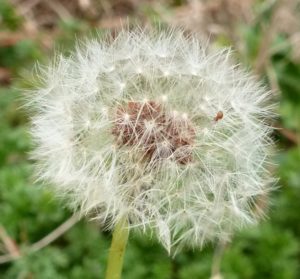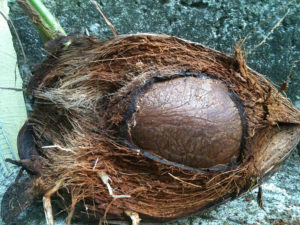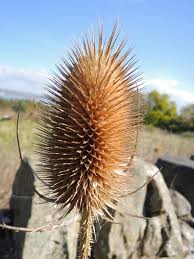Why is it important for Plants to Disperse their Seeds
Seed dispersal
The seed, enclosed in the fruit, needs to separate from its parent plant before it can develop into a new plant. Fruits are adapted in different ways to help in dispersal. But very often, both fruits and seeds together form the dispersal unit. Dispersal takes place by several mechanisms, including wind, water, and a variety of animals.
- In the simplest way, seeds are automatically set free by opening of the fruit. An explosive mechanism bursts the fruit open to release the seeds. For example, pea plants, castor, and balsam.
- Some seeds have radiating threads or wings that form a parachute so that they can be carried long distances by even the gentlest breeze. For example, Dandelion seeds, drumstick, and maple.

Radiating threads of dandelion seeds - Some seeds have a spongy outer coat to help them float on water. They are carried great distances by ocean currents and germinate after they wash up on beaches. For example, coconuts.

Spongy outer coat of coconut seed
Many types of animals play a role in the dispersal of fruits and seeds.
- Most fleshy and brightly coloured fruits are designed to be eaten by birds and mammals. These fruits appear tasty and are highly nutritious for these animals, giving them a reason to forage for the fruits repeatedly.
- Some birds eat fruits whose seeds stick to their beaks and then are rubbed off somewhere else. Seeds of other fruits pass intact through a bird’s digestive tract.
- Some fruits are covered with little hooks or sticky substances and get caught in the fur or hide of animals such as sheep. As the animal moves about, fruits or seeds are rubbed off by branches of shrubs or trees.

Seedpod with hooks - Ducks may disperse fruits sticking in the mud on their feet.